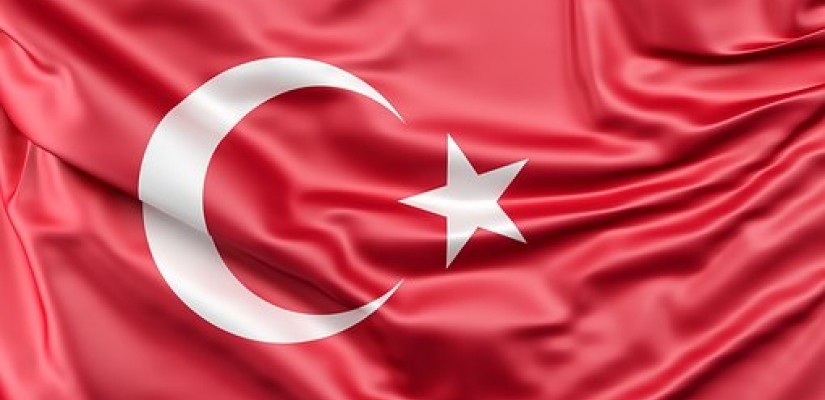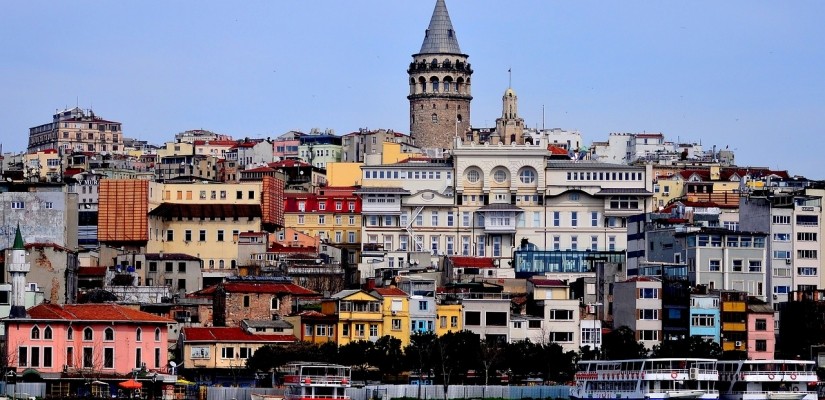
The results of the Turkish local elections held on March 31, 2019 are a substantial defeat for President Recep Tayyip Erdogan and his hold on power. President Erdogan, who has been in office since 2014, was particularly active in leading an aggressive election campaign with the goal to advance the interests of his party, the conservative Justice and Development Party (AKP). Tight control of AKP officials in Turkey’s biggest cities also means greater political influence for Erdogan. Ultimately, his efforts did not pay off and the election results are a major setback for Erdogan and the AKP. In both Istanbul and Ankara, candidates of the secular, social-democratic Republican People’s Party (CHP) achieved victory. This is the first triumph for the opposition party in 25 years. Although the President’s position was not directly at stake during the elections, the results are a meaningful assessment of Erdogan’s popularity and performance in crucial urban areas.
Local elections in Istanbul, Turkey’s economic capital, played out as a fierce head-to-head race. CHP candidate Ekrem Imamoglu won by a narrow majority of 48.8% of votes, beating AKP opponent and former Prime Minister, Binali Yildirim, who garnered 48.55% of votes. Following the announcement of the results, Erdogan lashed out by demanding a vote recount and annulment of the results in Istanbul. Furthermore, he proclaimed the involvement of organized crime and theft of ballot boxes which allegedly manipulated results in the city of roughly 15 million inhabitants. However, Erdogan’s demands were largely rejected by the election commission.
In Ankara, Turkey’s capital, Erdogan faced a similar situation. AKP candidate Mehmet Ozhaseki had to admit defeat by 4% in the race for the post of Ankara’s mayor. Instead, CHP representative Mansur Yavas will take office despite efforts of the AKP to remove him during the election campaign. Three weeks ahead of election day, investigations regarding Yavas’ alleged abuse of administrative authority were conducted in order the secure Ozhaseki’s victory. The efforts turned out to be futile in the end.
Despite another clear triumph for the CHP in the country’s third largest city Izmir, the remaining provinces reveal a continued dominance of the country’s leading AKP. With a nationwide approval of 44 percent, the AKP still remains strong outside urban areas. Aware of the importance of Turkey’s largest cities, Erdogan expressed his disapproval of the results and warned that they would negatively influence national security.

President Erdogan’s objection however, falls on deaf ears in Istanbul and Ankara where his losses signify growing discontent with his handling of Turkey’s economic recession. His weakened popularity in Turkey’s largest cities rest in his failure to keep food prices from soaring and Turkey’s economic crisis in check. Last October, inflation hit a record high of 25%. Erdogan was quick to respond to the precarious election results and dissatisfaction among both low-income and lower middle-income urban citizens, by promising to prioritize future economic reforms.
Moreover, the opposition party’s increased popularity illustrates a demand for democracy. Ever since President Erdogan established the AKP in 2001, his authoritarian grip on the country of 80 million inhabitants has continuously tightened. This resulted in a coup d’état by a faction of the Turkish Armed Forces in 2016. The President subsequently announced a state of emergency, which was followed by mass arrests and a crackdown on dissidents through anti-terrorism laws. Erdogan’s next step in safeguarding his position was a referendum on changes to the constitution in 2017 that would remodel the parliamentary democracy into a presidential republic. Thereby, the post of the Prime Minister was abolished and the President attained unprecedented power. Successful in this endeavor, Erdogan was re-elected as President in 2018. Thus, he cleared the path for a prolonged presidency which could theoretically last until 2033.
To some extent, the shuffle in local politics thwarts Erdogan’s pivot away from democracy and secularism. In recent years, he has been following an ever-growing convergence with neighbors in the Middle East and Muslim identity under a Neo-Ottoman campaign. Sitting on the fence between the Middle East and Europe, Turkey is forced to perform a balancing act between East and West. As Turkey has been on the EU membership waiting list since 1999, it has dealt with increasing frustrations towards the EU. As a consequence, Erdogan has realigned Turkey’s cultural, social, and economic foreign policy with Eastern neighbors and gained important trading partners in the United Arab Emirates and Iraq. Nevertheless, Erdogan must include Europe in his calculations since EU countries remain as Turkey’s main trading partners. While the recent elections restructured local politics, it remains to be seen how they will influence Erdogan’s foreign policy.
